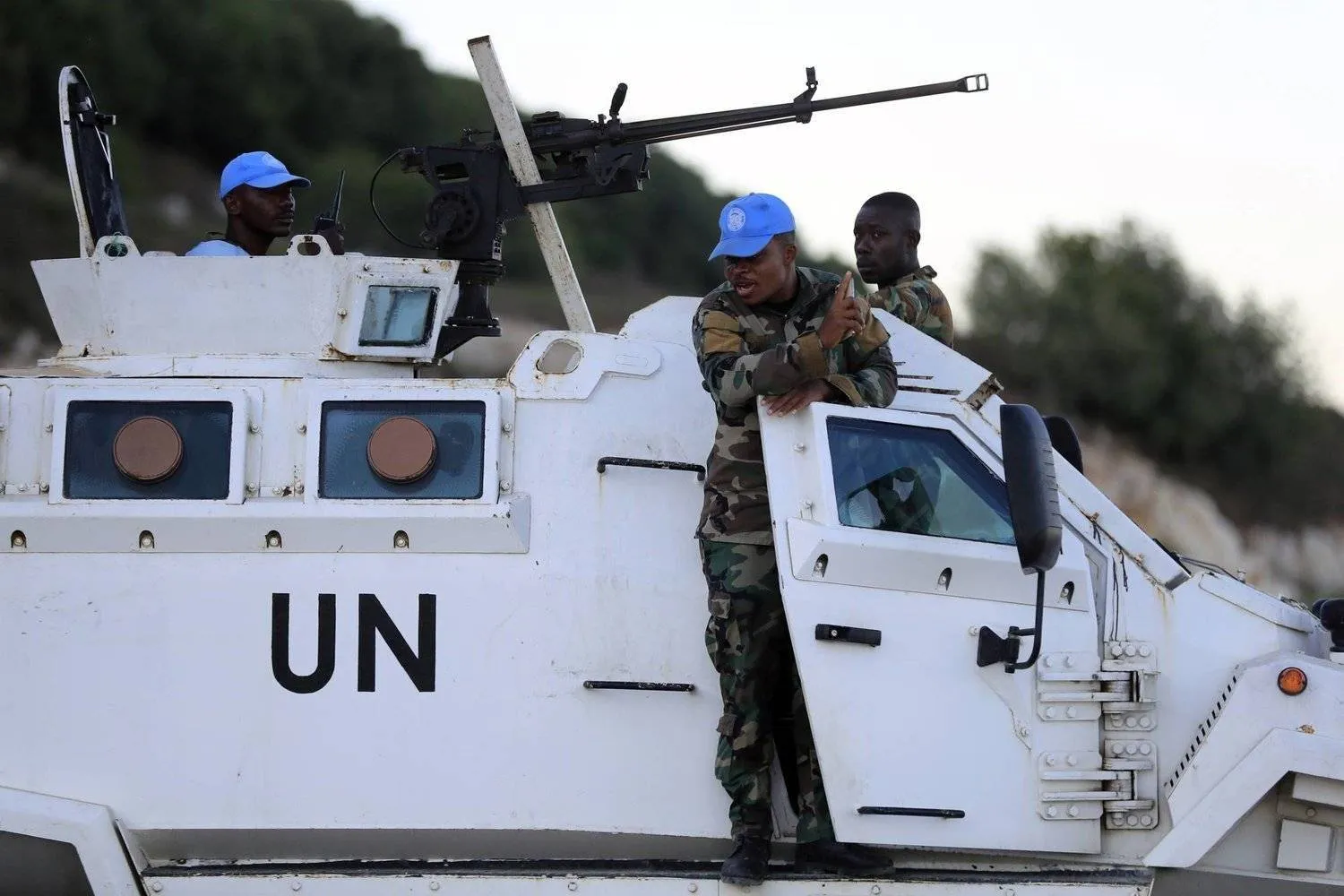UN special coordinator for Lebanon Joanna Wronecka said on Friday that the adoption of Security Council Resolution 2695 on the renewal of UNIFIL’s mandate should be an opportunity for all sides to recommit to stability in southern Lebanon and along the Blue Line.
During a meeting with Lebanon’s caretaker Foreign Minister Abdullah Bou Habib, Wronecka stressed the importance of working towards the full implementation of Security Council Resolution 1701 (2006).
“It is important to move towards a permanent ceasefire and long-term solution to the conflict in line with Resolution 1701,” a statement issued by the office of the UN Special Coordinator quoted her as saying.
“To this end, UNSCOL works in support of the Lebanese authorities and extends the good offices of the UN Secretary-General for peace and security in the region,” she added.
On the presidential vacuum in Lebanon, she stressed the need to elect a new president and find ways to overcome the current political impasse.
In her upcoming round of meetings, the Special Coordinator will be encouraging stakeholders to adopt a constructive solution-oriented approach, said the statement.
The Special Coordinator reconfirmed the UN’s commitment to support Lebanon and the Lebanese people.









